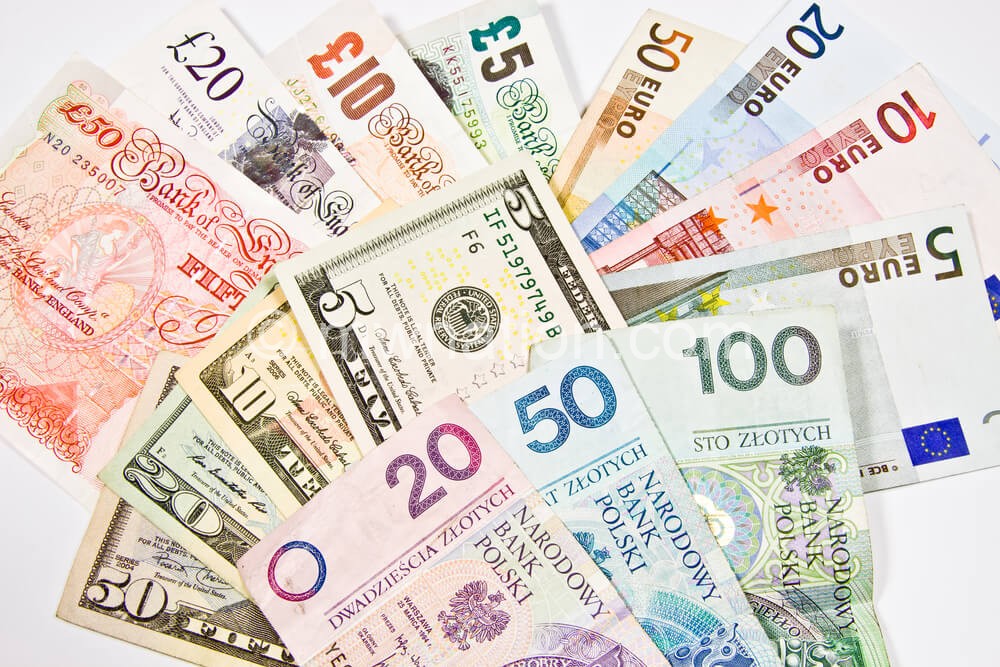Malawi’s foreign exchange reserves continue to be under pressure with latest market reports indicating dwindling of gross official reserves.
Figures show that gross official reserves—under the direct control of the Reserve Bank of Malawi (RBM)—dropped by 8.71 percent to $326.06 million which is an equivalent of 1.30 months of import cover as at October from of $357.18 million which is an equivalent of 1.43 months of import cover in September.
The drop in the reserves position, according to a market analysts, it is a reflection of the increasing burden on the central bank to support the foreign exchange market with liquidity to help either in smoothening the rate of depreciation or payment.
RBM Governor Wilson Banda has since admitted facing pressure to manage foreign exchange in the country as supply and demand imbalances continue to escalate.
Banda said in an interview last week the central bank is banking on inflows from development partners in the short-term and Mega Farms in the medium term to bring in the much-needed forex in the country.
He said: “We are going through a difficult period. Our foreign currency inflows have been very low this year. In particular looking at tobacco, our main export earner, we realised less than 200 million in foreign currency. Out of these earnings, if you check our import bill for fuel, for instance, we are way too far.”
“In the short-term, we are looking at an intervention from development partners. This is not the best thing to say but the Rapid Credit Facility by The International Monetary Fund (IMF) is our hope in the short term, which we should be getting in a few weeks time.”
He said the bank is hoping that the injection along with others from the World Bank and Africa Development Bank which the bank is in talks with should improve the inflow of forex in the short term.
Malawi University of Business and Applied Sciences (Mubas) economics lecturer Betchani Tchereni has since warned that an import cover below the recommended three months of import cover is potentially dangerous for the health of an economy, saying it might affect the country’s ability to import critical items and affect businesses.
“The current forex situation is not ideal. Such a situation continues to affect production. We encourage investment in productive sectors such as the mega farms project, cannabis production and mining as these will bring in the necessary forex in the country, “he said.
Malawi Confederation of Chambers of Commerce and Industry (MCCCI) president Lekani Katandula said the forex supply challenges continue to have a big drag on business.
“It is now up to us to collectively find ways to boost our exports and reduce imports to save from the ongoing challenges that have been presented in view of the forex scarcity,” he said.
Traditionally, Malawi experiences significant seasonal volatility in its foreign exchange inflows with earnings from tobacco exports concentrated during the April to August period.`
However, for quite a while, there has been a mismatch between demand and supply for foreign exchange in the market regardless of seasonal factors.
The country is reeling from forex shortages, a situation which is affecting importation of basic and crucial items such as fuel and fertilisers.
Meanwhile, the country is facing a serious fuel crisis as the country is failing to generate enough forex for the importation of the commodity.
This is despite the central bank’s move to devalue the local unit by 25 percent in May this year amidst forex shortages in a move meant to realign the exchange rate with economic fundamentals.
Then, imbalances between supply and demand had been prevalent on the domestic foreign exchange market evidenced by low foreign exchange supply, declining official foreign reserves and widening spread of rates on the market.
The post Foreign reserves drop further to 1.30 months appeared first on The Nation Online.
 Moni Malawi
Moni Malawi 

